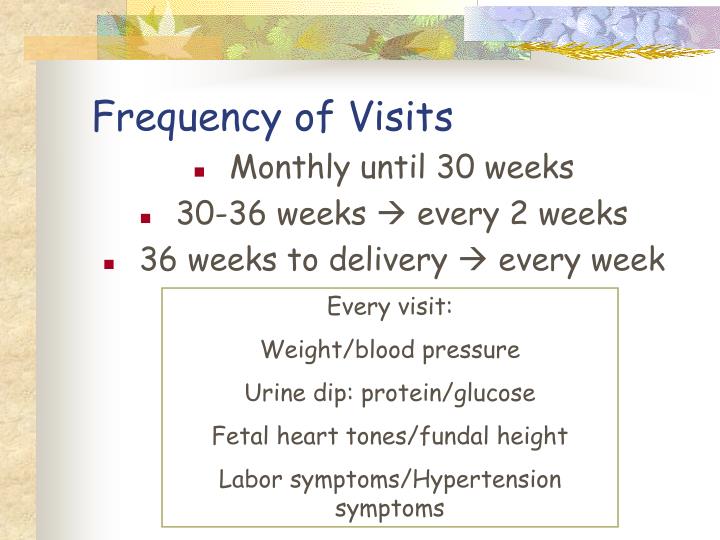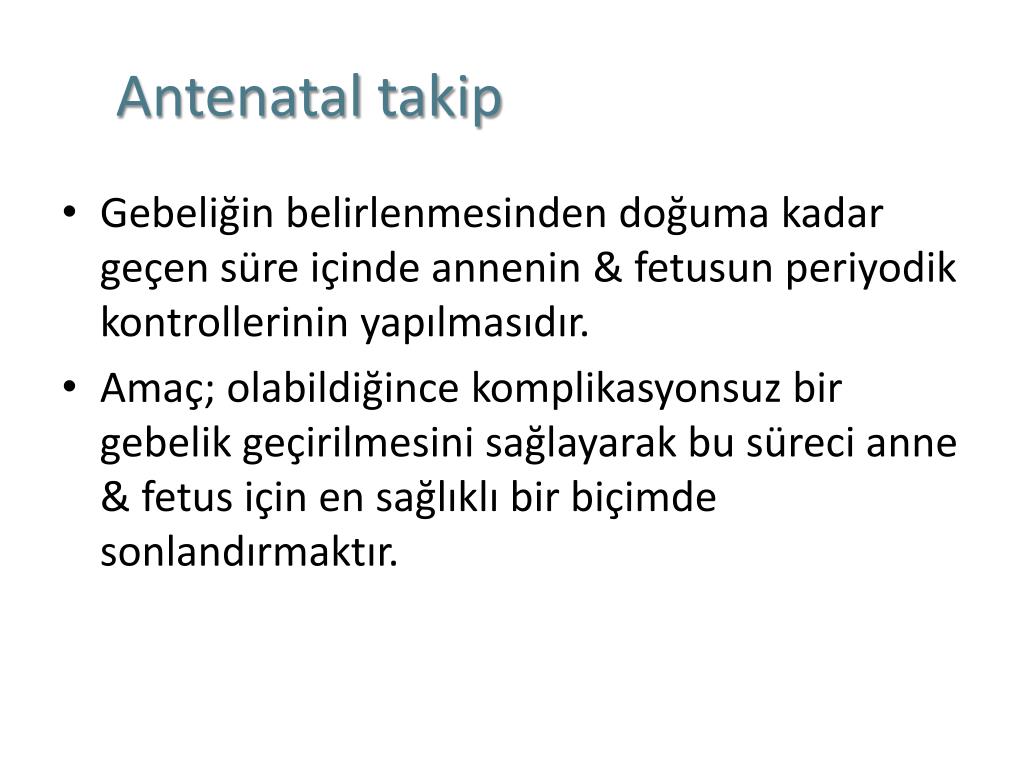
Taking your blood pressure and monitoring other symptoms can spot preeclampsia before it causes problems for you and the baby.īy week 28, you might be feeling the impact of pregnancy like never before. You’ll also likely take a test to screen for glucose intolerance and gestational diabetes. During your second trimester, expect to have an ultrasound around the 20-week mark to look for any major abnormalities and let you find out the sex (if you want to). Good prenatal care is linked with better health for you and your baby, so don’t skip your appointments. Prenatal appointments are important times for you and your doctor to discuss any questions you have (such as how often you should feel the baby kick). At a visit, your doctor will check your blood pressure and the baby’s heartbeat and assess whether your belly’s growing as it should. If you’re having a low-risk pregnancy, you can expect to see your doctor once a month or so until you’re getting close to delivery. Otherwise, retire your wine glasses for the next 9 months and enjoy the beginning of your pregnancy! It’s perfectly common not to have your first prenatal appointment until you’re 8 or 9 weeks along, even if you found out weeks earlier.ĭepending on your doctor’s office and health history, you may have a visit before 8 weeks to confirm the pregnancy, note your due date, and answer questions.


Many expectant parents are surprised to find that, in the very early stages of pregnancy, lots of doctors won’t even schedule an appointment. Getting a positive pregnancy test is a big deal! Especially if you’ve waited a long time for this good news, you may be eager to get into the doctor’s office as soon as possible to make sure all is going well. Your medical team can spot any issues early, and counsel you on the best ways to prepare for labor. Proper prenatal care is a critical part of making your pregnancy as healthy for you and the developing baby as possible.


 0 kommentar(er)
0 kommentar(er)
